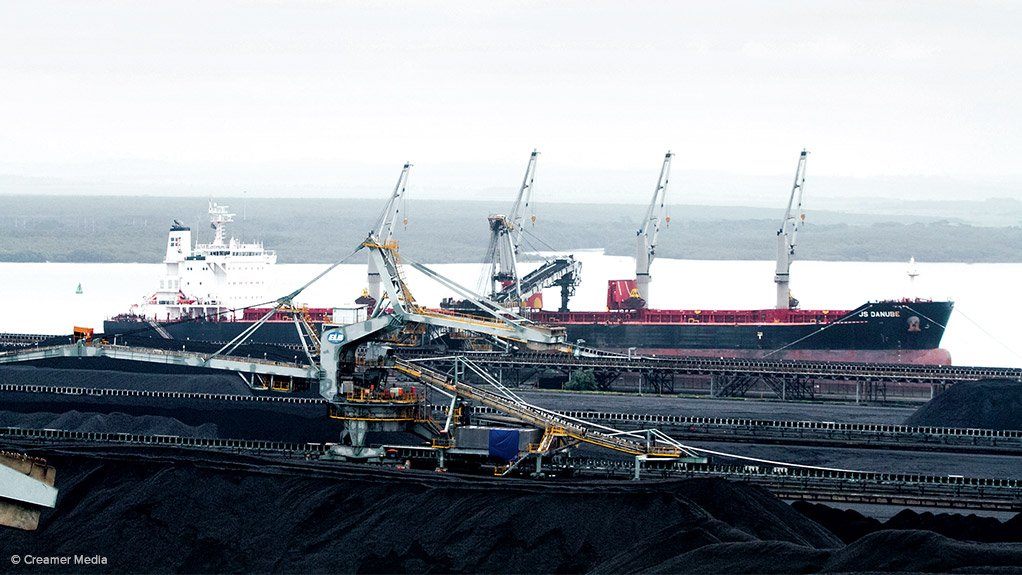An imbalance between the risk profiles of corporates active in Africa, as well as between those of African governments, has been a major driver of stalled transport infrastructure development projects on the continent, despite overwhelming support for ramped-up freight capacity.
Independent transport economist Andrew Marshy told delegates at the Heavy Haul Rail conference on Wednesday that there were often disparate levels of willingness between companies to take risks, deterring large-scale collaboration on infrastructure projects that could ultimately benefit involved players, particularly those active in the commodity sectors.
The same issue applied between governments and the private sector, he asserted.
“The challenge lies in how the risk profiles of companies and governments can be aligned, when one player may be more willing to take on risk than the other. This is a major constraint to the development of these mammoth transport infrastructure projects,” Marshy commented.
Transnet project director Willem Keys added that railway and port capacity should be provided by government ahead of increased demand.
“State-owned companies such as Transnet should take [on] more risk than the industry. They should anticipate increased demand and invest in capacity in response, in the hope that the private sector will follow their lead. The lower-risk entity must take the first step,” he asserted.
Walvis Bay Corridor Group business development manager Siobhan Fox added that the Walvis Bay Container Terminal, in Namibia, had done exactly that, allocating capacity at the developing shipping facility to potential users before actually having the infrastructure or capacity available to support these customers.
“We want to entice them,” she said.
But, concern was expressed that while government was, in theory, best placed to “take the first step”, African States' ability to secure financing on their own was far more challenging than that of a large international corporate, which often had secure funding streams.
Meanwhile, Genesis Analytics economist Mitali Nikore at the second South African Economic Regulators Conference said on Tuesday that governments could, through the structuring of private–public partnerships (PPPs), enjoy certain advantages, including access to debt-free financing, the ability to harness private-sector efficiencies and the transfer of some risk by a government to a private sector entity.
Engineering News Online reported in December that traditional procurement models were continuously being outpaced by PPPs, as the private sector was progressively recognised as the engine of economic growth on the continent.
While there was no shortage of available funding for African infrastructure projects, KPMG partner Malcolm Pautz noted that potential investors required a certain degree of security on their investments and required the deal to be "structured correctly".
“There is no shortage of financing for infrastructure projects in Africa, but rather a shortage of bankable projects,” he highlighted.
A rare example of private sector infrastructure collaboration on the continent was that of iron-ore developer Equatorial Resources and minerals major Exxaro Resources, who last year reached a cooperation agreement on logistics and operational support infrastructure in the Democratic Republic of Congo.
Exxaro was currently developing the Mayoko-Lekoumou project, which lies immediately adjacent to Equatorial’s Mayoko-Moussondji project, boasting a resource of some 767-million tons.
Equatorial told shareholders at the time that the cooperation agreement related to the use of the legal airstrip, the shared use of chartered flights, as well as Equatorial’s sample preparation laboratory and medical support facilities, but the agreement would also see the two identifying opportunities for “development synergies” related to the refurbishment, upgrade and shared use of rail and port transport infrastructure.
EMAIL THIS ARTICLE SAVE THIS ARTICLE
To subscribe email subscriptions@creamermedia.co.za or click here
To advertise email advertising@creamermedia.co.za or click here











